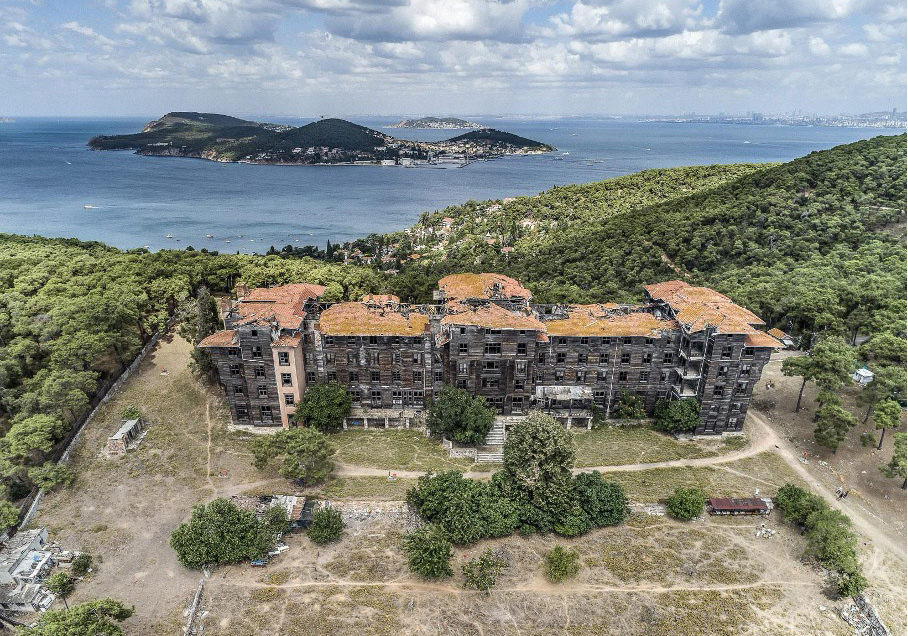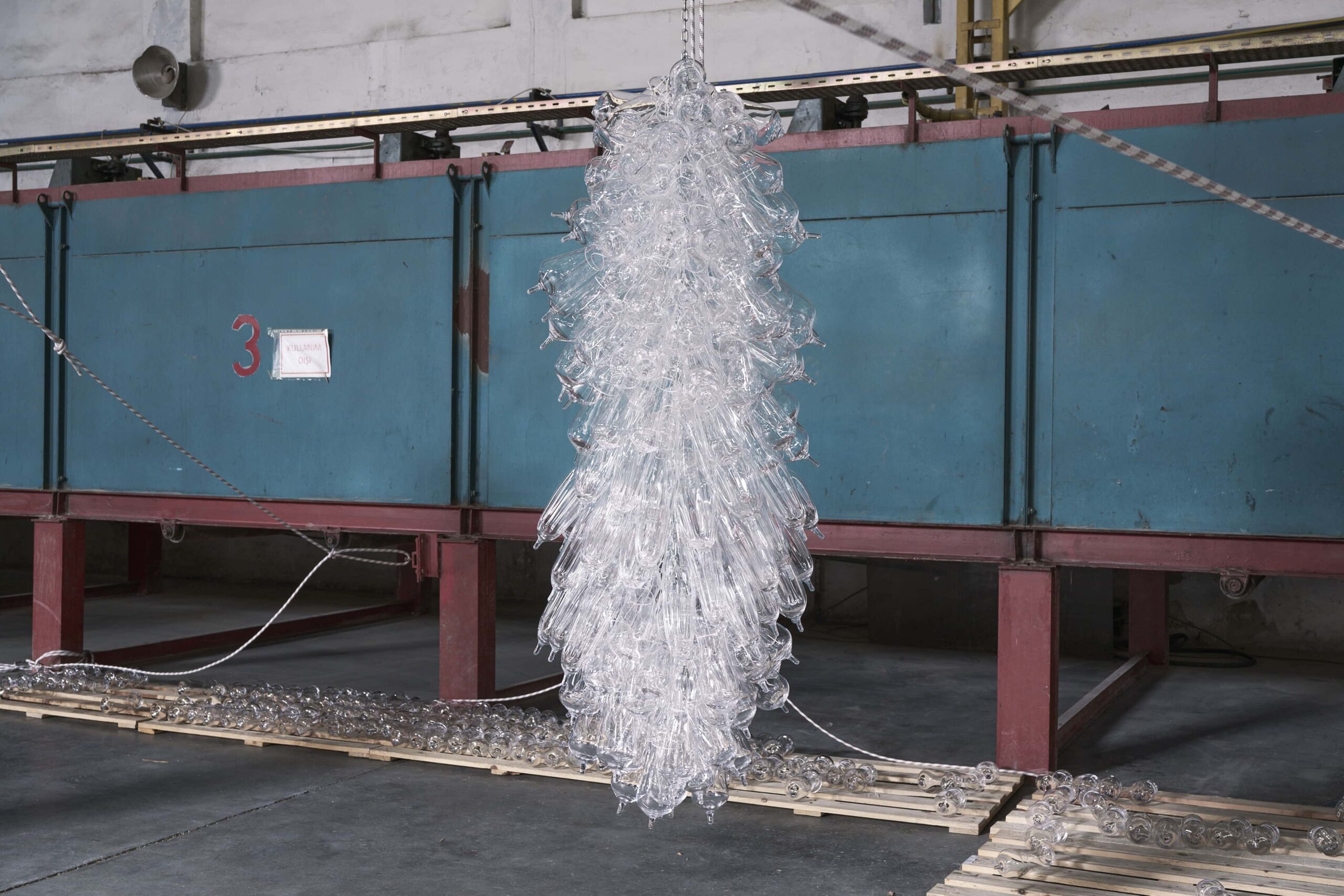The Büyükada Greek Orphanage, long abandoned to its fate, is now in the spotlight following the Patriarchate’s decision to “open it to tourism.” Writer Gündüz Vassaf, Europa Nostra member İlhan Nebioğlu, and representatives of civil society issued a joint statement opposing this decision and calling for the building’s preservation.
The Büyükada Greek Orphanage, the largest wooden structure in Europe and the second largest in the world, has long been neglected. Now, the recent decision by the Ecumenical Patriarchate of Istanbul to convert it for tourism purposes has sparked a new debate. Signatories of the statement include writer Gündüz Vassaf, Europa Nostra member İlhan Nebioğlu, the initiative Adalar Hepimizin, and the World Heritage Islands Ecology and Culture Association. Here is the text of their statement:
Do Not Let the Büyükada Greek Orphanage Be Demolished
The Büyükada Greek Orphanage is not only the largest wooden building in Europe and the second largest in the world; it is also one of the most striking architectural and cultural legacies of the Ottoman modernization period. Constructed in the late 19th century, the building represents a unique intersection of Westernization and local traditions, reflecting Istanbul’s multicultural memory. While this memory has been erased in the city center, it still breathes on the Princes’ Islands.
For many years, the orphanage provided a home for orphaned children and became a symbol of the city’s multicultural identity. Today, however, this unique structure faces the threat of demolition under the guise of “tourism development.” Despite being listed in 2018 by Europa Nostra among the “Seven Cultural Heritage Sites at Risk,” the building has struggled to remain standing without a single nail being replaced since 1964. The Turkish National Wood Committee’s warnings have been ignored, leaving the structure to deteriorate. The orphanage is more than wood and stone; it carries the memory of time, human traumas, and hopes.
The Patriarchate’s Decision and Concerns
On June 3, 2025, the Holy and Sacred Synod of the Ecumenical Patriarchate of Istanbul announced that the orphanage would be transformed for tourism purposes. This decision conflicts with the Patriarchate’s sacred values and significantly increases the fire risk on Büyükada due to limited access and seasonal tourism. Sixty percent of the islands are forested, and climate change, degradation of natural cover, and uncontrolled visitor pressure pose a constant threat of fire.
International and Community Ownership
Although the title of the orphanage may belong to the Patriarchate, its true custodians are the Istanbul residents and international cultural heritage community who have kept it alive through voluntary efforts for years. Its inclusion in the World Monuments Fund monitoring list in 2012, and in Europa Nostra’s “Seven Cultural Heritage Sites at Risk” list in 2018, demonstrates its significance both locally and globally.
Our Call and Demands
We invite the Ecumenical Patriarchate and all relevant institutions to:
-
Take urgent protective measures to prevent further deterioration of the orphanage;
-
Reopen channels of communication between the Patriarchate and civil society;
-
Establish a participatory, transparent, and scientifically-based collaborative framework for the building’s future.
The Büyükada Greek Orphanage is not only the heritage of the Patriarchate but of the entire world. Its universal value places it on the global cultural agenda. Authorities in Türkiye must not accept its destruction and should work with international organizations to ensure the protection of this monumental structure. This is not merely a matter of a building; it is a test of our shared conscience, memory, and future. Preservation First!







